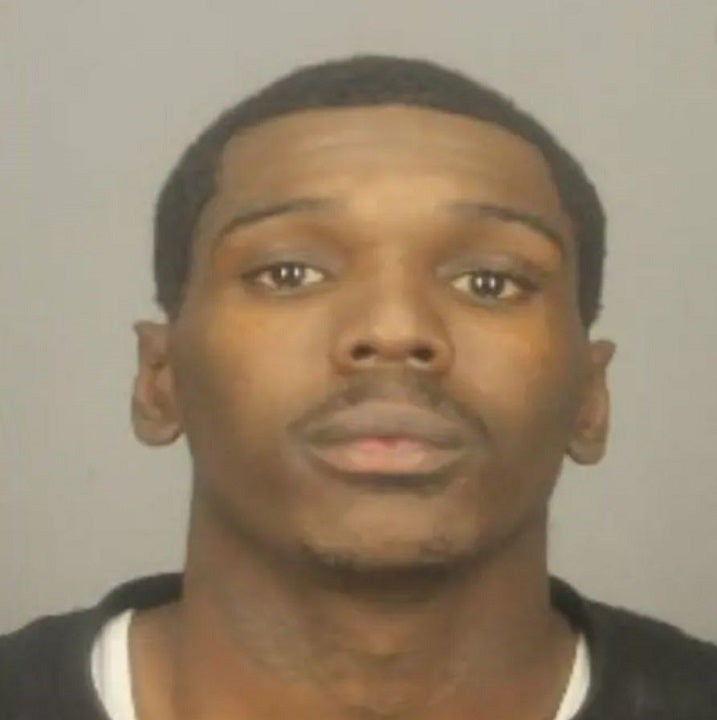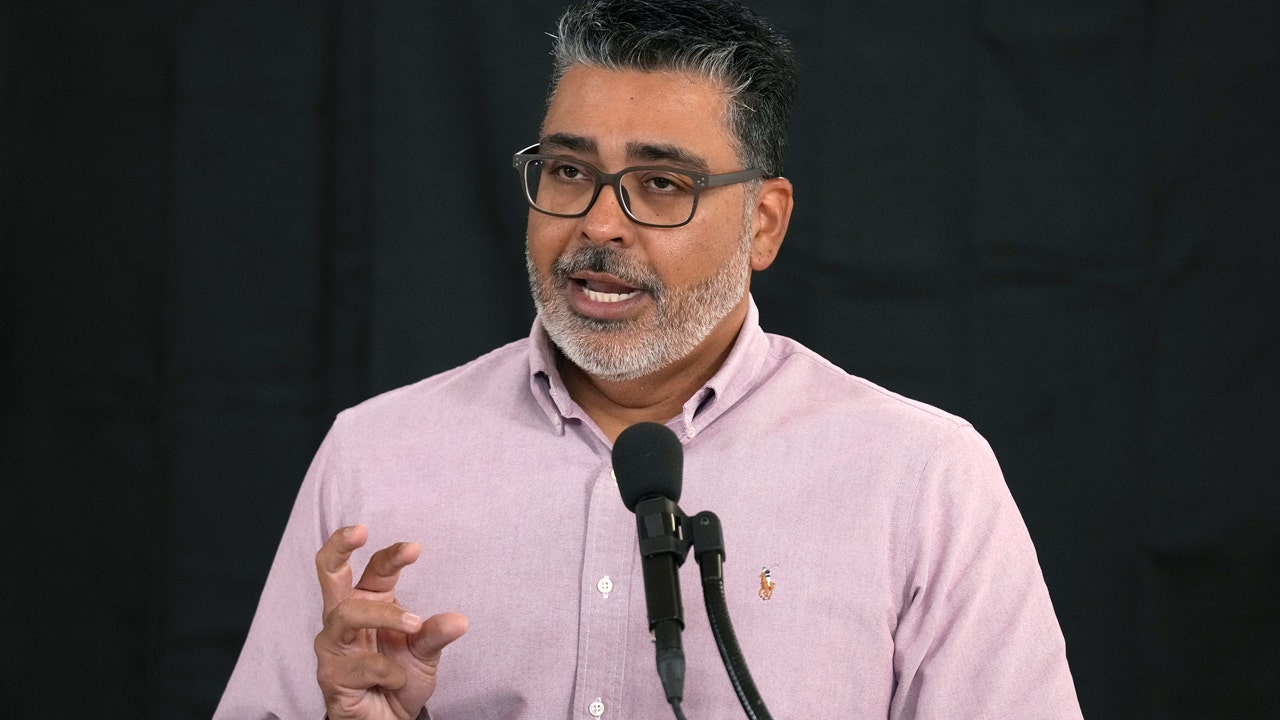You can count Kevin Madden, a strategist who worked for Mitt Romney’s 2008 and 2012 campaigns for president, among those who are surprised that this year’s presidential debates are happening at all. The risks, he said, seemed to outweigh the rewards for both President Biden and former President Donald J. Trump.
But the candidates seemed to disagree. On Wednesday, Mr. Biden announced that he would participate in two debates, on nontraditional terms; Mr. Trump quickly signed on; and CNN and ABC News confirmed that they would play host on June 27 and Sept. 10.
How much debates influence elections has long been a subject of, well, you know. Even when a particularly good zinger or bad gaffe makes enough of an impression to enter history books — consider Ronald Reagan’s “There you go again” in 1980 or Gerald Ford’s “There is no Soviet domination of Eastern Europe” in 1976 — there is no knowing whether it was decisive.
But with a race as close as this year’s could be, and a playing field as narrow as this year’s almost definitely will be — a few hundred thousand voters in maybe seven states — almost anything could be decisive.
“More than any ad or any field organizing or these big swing-state rallies, those 90 minutes on a debate stage in June could be the event that really makes or breaks one of these campaigns,” Mr. Madden said. “There’s no managing expectations down on these.”
Several veteran political strategists, both Democrats and Republicans, offered their thoughts on Thursday about what Mr. Biden’s and Mr. Trump’s goals should be.
Biden: Convey a choice, not a referendum.
A classic framing of elections is that they can be a choice between two candidates, or a referendum on one.
An unpopular president like Mr. Biden is not likely to do well in a referendum election. But he could do better in one that voters treat as a choice between him and an alternative whom they might consider worse.
The debates will be “one of the most important opportunities Joe Biden has to establish a contrast and shake the sense that this is a referendum election on the incumbent,” said Tim Hogan, a Democratic strategist who worked for the presidential runs of Hillary Clinton in 2016 and Amy Klobuchar in 2020. “Having Trump onstage spewing nonsense is the best way to remind voters that you don’t want to put this dangerous person back in the White House. It’s the best way to get rid of any nostalgic amnesia for the Trump years.”
The best issues for Mr. Biden to draw contrasts on, Mr. Hogan said, are democracy, abortion rights and Mr. Trump’s calls for vengeance against his political opponents.
Trump: Keep voters focused on the economy.
Perceptions of the economy are a major weakness for Mr. Biden, with polls showing that voters feel they were economically better off under Mr. Trump. Though inflation has declined from its peak in 2022, and measures like job growth and the stock market have been strong, many voters remain dissatisfied with Mr. Biden’s economic stewardship.
“Affordability is Trump’s key campaign differential,” said Frank Luntz, a Republican strategist and pollster who, for nearly 30 years, has run focus groups with voters in response to debates. “The record for Trump is pretty strong, and it’s pretty weak for Biden.”
Mr. Luntz said Mr. Trump would do well to emphasize numbers: inflation rates during his administration versus Mr. Biden’s, as well as specifics like housing, food and gas prices. He said he would recommend doing the same on the number of border crossings.
Mr. Madden agreed that the economy and immigration were the two best issues for Mr. Trump to focus on. “That’s where the swing voters are,” he said. “Go and meet them there.”
Biden: Don’t take bait.
Mr. Trump will probably lob a lot of attacks, and two Democratic strategists said Mr. Biden’s task would be to stay selective in responding.
“We used to tell President Obama, ‘Don’t chase rabbits down holes,’” said Jim Messina, who managed Mr. Obama’s 2012 re-election campaign. “That means sticking to your message, not getting sidelined responding to every attack, and telling the American people where you’ll take them in the next four years. This is especially true in a debate against Trump, whose showmanship and chaos aura can easily derail any conversation”
Joel Benenson, a pollster who worked with Mr. Obama and Hillary Clinton, said Mr. Biden should stay “calm” and “cool” when he did respond. “I would take it to the high ground, and definitely don’t get into the mud with him,” he said.
Trump: Don’t act like a bully.
Strategists broadly said Mr. Trump’s tendencies to rant and rage posed the biggest debate risk because they could alienate voters like the suburban women who played a major role in Mr. Biden’s victory in 2020 and in Democratic victories in the 2018 and 2022 midterms.
In 2020, Mr. Benenson said, “Biden did a very good job of exposing Trump for the obnoxious bully that he was being,” adding, “You don’t have to do too much when someone is just creating a lot of self-inflicted wounds, and I don’t think Trump has the discipline and the fortitude to not do something similar again.”
Mr. Madden cautioned Mr. Trump to rein in his temper.
“The risk is that Trump has a tendency to run very hot,” he said. “And he tends to almost berate his opponent in a way that has the potential to turn off many swing voters.”
Biden and Trump: Work the rules to your favor.
A big part of the campaigns’ task comes before the debate starts: setting the rules.
Allowing more time per response could benefit Mr. Biden, who “takes a while to get warmed up” but is “more thorough,” Mr. Luntz said. A looser structure allowing more interruptions could benefit Mr. Trump. Mr. Biden “was smart to insist on no audience,” Mr. Luntz added, “because the Trump audience is much more likely to yell and scream than a Biden audience.”
As an illustration of how powerful a debate format could be, Mr. Luntz cited a decision from the 2004 vice-presidential debate between Dick Cheney and John Edwards: whether they should sit or stand.
In terms of voter perceptions, “Cheney standing is boring and dull and not particularly convincing. Cheney seated is a brilliant, focused problem-solver,” he said. “John Edwards seated is just another politician, perhaps even worse. John Edwards standing was a trial lawyer at his best.”
Mr. Cheney secured a seated debate. “Edwards never should have said yes,” Mr. Luntz said. “That was Cheney at his best and Edwards at his worst.”






